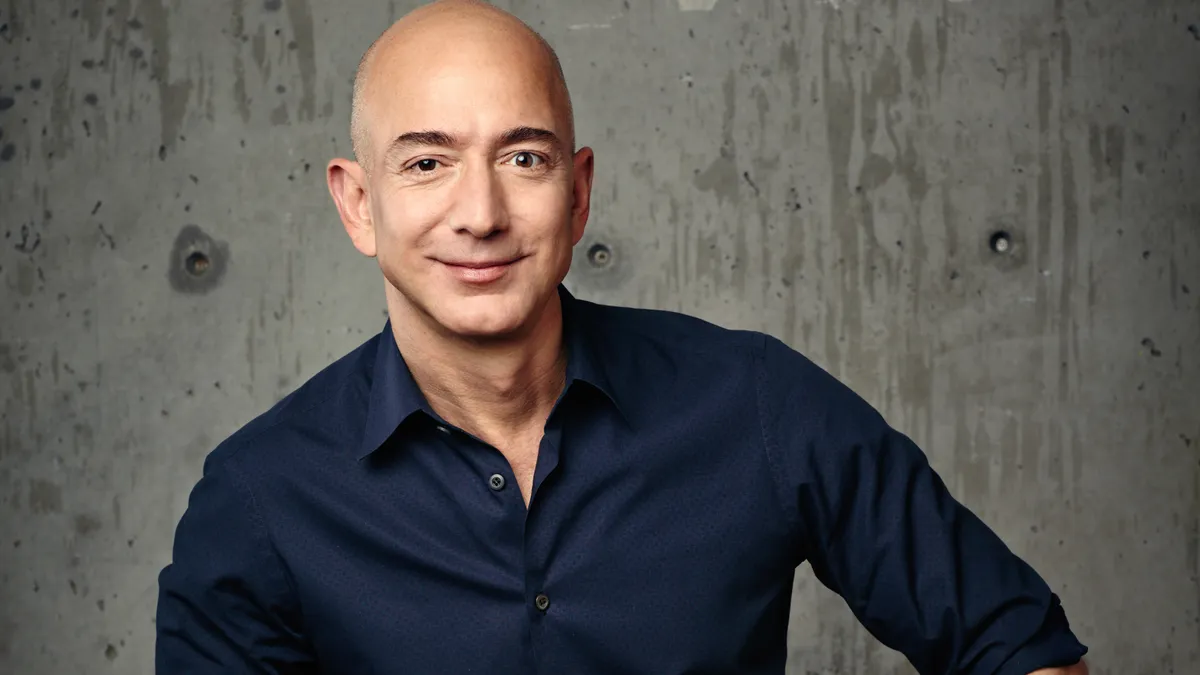Dive Brief:
-
Amazon is ending its cutthroat and controversial “rank-and-yank” employee review program, Geekwire reports.
-
“We’re launching a new annual review process next year that is radically simplified and focuses on our employees’ strengths, not the absence of weaknesses,” the company told GeekWire. “We will continue to iterate and build on the program based on what we learn from our employees.”
-
Amazon's reputation as a ruthless employer came to light after the publication of a 2015 New York Times article detailed "bruising" working conditions that fly in the face of today's HR trends.
Dive Insight:
The "rank-and-yank" process of employee reviews involves slotting employees into three categories based on their productivity, rewarding employees who promote themselves and tear down their peers and penalizing employees who are less adept at self-promotion or less willing to complain about others.
The policy was made famous by business executive Jack Welch when he was CEO of GE in the late 20th century, and was later adopted by companies like Microsoft. But the management approach, also known as the "vitality curve," has more recently fallen out of favor because it was found to stifle innovation.
Microsoft ended the practice recently after an in-depth look at its corporate culture by Vanity Fair showed that 10 years of the practice had led to a focus on competition rather than cooperation among employees. Even GE halted the policy 10 years ago, and last year said that it would revamp its review system even further to foster better teamwork and respond to the cooperative way many millennials like to work.
The New York Times article detailing the employee review policy at Amazon spawned a spate of bad press in other media outlets and forced founder and CEO Jeff Bezos to launch his own investigation into the charges against Amazon in the piece. “I don’t recognize this Amazon and I very much hope you don’t, either,” Bezos wrote in his email to employees about that report.
However, the article aligns with other accounts of a difficult and competitive work environment at Amazon. Brad Stone, author of the 2013 book "The Everything Store: Jeff Bezos and the Age of Amazon," (which famously earned a one-star review on Amazon from Bezos' wife, MacKenzie Bezos), unearthed many of the same issues in the company. A group called FACE, for the “Former and Current Employees of Amazon,” later posted an open letter to Bezos and invited current and former employees to add their experiences with the working conditions at Amazon.
The company's approach is one of constant innovation and disruption that aims to keep prices low for consumers while providing them with fast shipping and premium customer service. Amazon has always had a customer-first mentality, but ditching the controversial review policy could signal that the company realizes its employees are a critical component in serving its customers.















